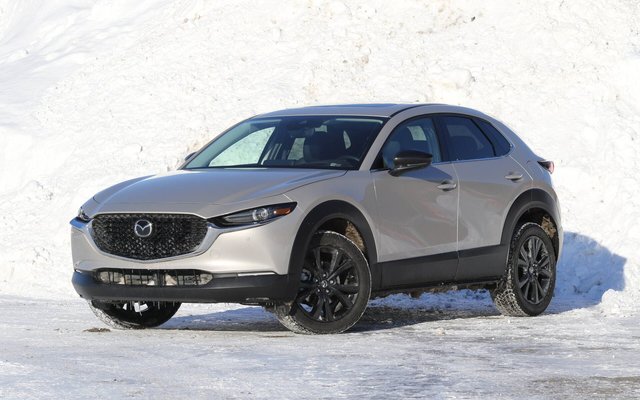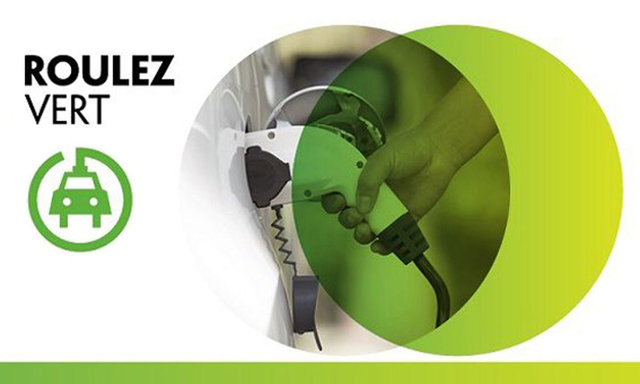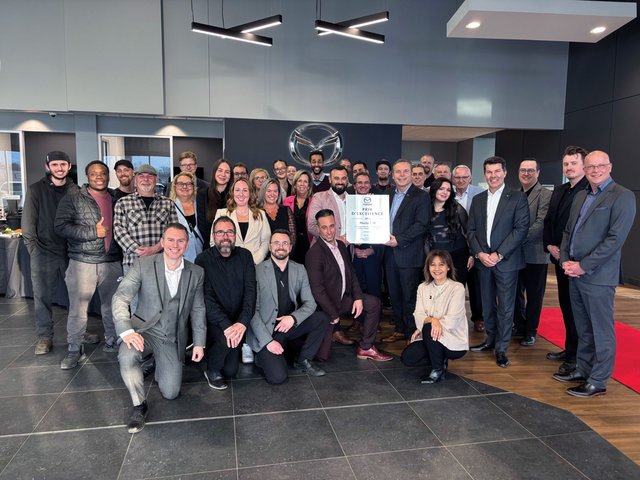Widely considered a safe bet, the Mazda CX-30 ranks among the best buys in the small crossover/SUV segment, behind only the Toyota Corolla Cross and Subaru Crosstrek. But just how good is it in the middle of winter?
As fate would have it, we had to face extremely cold temperatures and a whole lot of snow during our week with the CX-30. The roads were often slippery, and visibility proved to be a problem at times. These were perfect conditions to evaluate Mazda’s entry-level crossover.
By the way, pricing for the 2023 CX-30 starts at $27,050. The standard engine is a naturally aspirated 2.0-litre four-cylinder rated at 155 hp and 150 lb-ft. of torque. A larger, more potent 2.5-litre mill is available, producing 186 hp and 186 lb-ft. Top-line models pack a turbocharged 2.5-litre engine that delivers up to 250 hp and 320 lb-ft. of torque when running on premium gasoline. All CX-30s feature a six-speed automatic transmission and all-wheel drive.
Properly Equipped
Our tester came with plenty of features and amenities, as well as a good set of Michelin X-Ice SNOW winter tires—proper equipment to tackle the daily grind in the cold season. But while good tires may be essential to survive winter, they’re only half the story.
All-wheel drive can make a big difference, and on that note, Mazda’s i-Activ system performed flawlessly every time we took the CX-30 for a spin despite the harsh weather conditions. Deep snow, ice and strong winds couldn’t seem to faze the CX-30. We even tried to catch it off-guard on a few occasions by putting a bit too much pressure on the throttle or aggressively turning the front wheels, but that didn’t work.
Our only complaint about the system is that you can’t turn off the electronic nannies including traction control, which could be helpful when the vehicle is stuck in snow, for instance.
As far as handling is concerned, the CX-30 rides on a solid suspension and its sharp steering allows you to navigate with pinpoint accuracy. Small crossovers are not all fun to drive, but this one definitely stands above the rest.
The turbo-four has an easy time moving the diminutive and lightweight CX-30. It only takes slight throttle input to merge onto the highway and just a bit more to pass slower vehicles confidently. That beautiful performance does come at the expense of fuel economy: our tester achieved 11.3-11.8 L/100 km depending on the temperature, whereas Natural Resources Canada rates the CX-30 Turbo at 9.3 L/100 km. To be fair, it got as low as minus 41 degrees with the wind chill at one point.
Now, you need to understand one thing: while we thoroughly enjoyed the turbo engine, you could certainly live without it. The naturally aspirated 2.5-litre unit is ample enough most of the time.
Some Winter Blues
Generally speaking, the 2023 Mazda CX-30 handles winter conditions quite admirably. However, it’s not without a few irritants. First, snow can easily build up in front of the headlights due to the chrome trim that extends beneath them. You have to clear this area more frequently so that other drivers can see you coming from afar.
The rear window is not particularly big, thus affecting visibility. Also, due to its shape, the whole liftgate can get dirty in a hurry, so prepare to use more washer fluid than usual. Speaking of which, if the windshield washer fluid indicator lights up on the dashboard, it means the tank is practically empty already. Fill it up as soon as you can.
Wet snow tends to stick to the taillights, which can be another problem. One time, we stopped by a gas station after driving a bit more than 100 km, and the taillights were almost entirely covered in snow.
Finally, de-icing the windows proved to be a challenge on super-cold days. When temperatures dipped below minus 20 degrees, the windshield wipers became sort of frozen and ice was building up in the lower corners of the glass. We had to raise the cabin’s temperature and ventilation almost to the point of turning the CX-30 into a sauna.
Making Compomises
While quite sporty and fun to drive in any season, the 2023 Mazda CX-30 requires a few compromises. There may be decent space up front, but not in the back, whether it’s legroom or headroom.
Likewise, the CX-30 has a fairly small trunk—much more so than competitors like the Kia Seltos or Volkswagen Taos, just to name those two. Couples will be fine, but small families that need to fit large baby seats and carry a bunch of stuff will find themselves in a pickle.
From the driver’s perspective, visibility is limited, especially in the rear. The backup camera does help to a certain extent, but it can’t work miracles. As for Mazda’s oft-criticized infotainment system, it once again proved hard to configure and less intuitive to use than the best systems out there (Hyundai, Kia, Subaru, GM).
Our Verdict
Overall, we have mixed feelings about the Mazda CX-30—and probably you will, too. Handling is solid, safe and inspiring, even in winter, but can you live with the cramped interior, not-so-friendly multimedia system and poor rear visibility? If so, good for you. Otherwise, you should consider one of the roomier and more accommodating crossovers in the segment instead.





